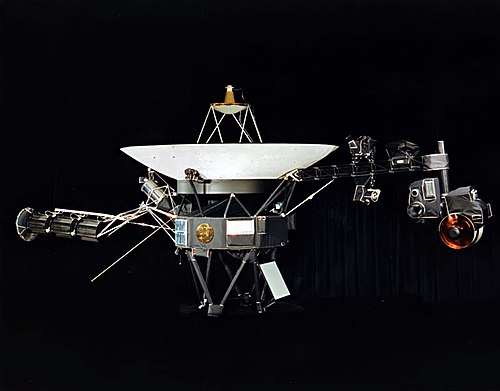Poseidonnoun
(Greek mythology) the god of the sea and earthquakes in ancient mythology; brother of Zeus and Hades and Hera; identified with Roman Neptune
Poseidon
Poseidon (; Greek: Ποσειδῶν, pronounced [poseːdɔ̂ːn]) was one of the Twelve Olympians in ancient Greek religion and myth, god of the sea, storms, earthquakes and horses. In pre-Olympian Bronze Age Greece, he was venerated as a chief deity at Pylos and Thebes.
Neptune
The son of Saturn and Ops, the god of the waters, especially of the sea. He is represented as bearing a trident for a scepter.
Neptune
The remotest major planet of our solar system, discovered - as a result of the computations of Leverrier, of Paris - by Galle, of Berlin, September 23, 1846. It is classed as a gas giant, and has a radius of 22,716 km and an estimated mass of 1.027 x 1026 kg, with an average density of 2.27 g/cc. Its mean distance from the sun is about 5,000,000,000 km (3,106,856,000 miles), and its period of revolution is about 164.78 years.
Neptunenoun
(Roman mythology) god of the sea; counterpart of Greek Poseidon
Neptunenoun
a giant planet with a ring of ice particles; the 8th planet from the sun
Neptune
Neptune is the eighth and farthest known Solar planet from the Sun. In the Solar System, it is the fourth-largest planet by diameter, the third-most-massive planet, and the densest giant planet.














































